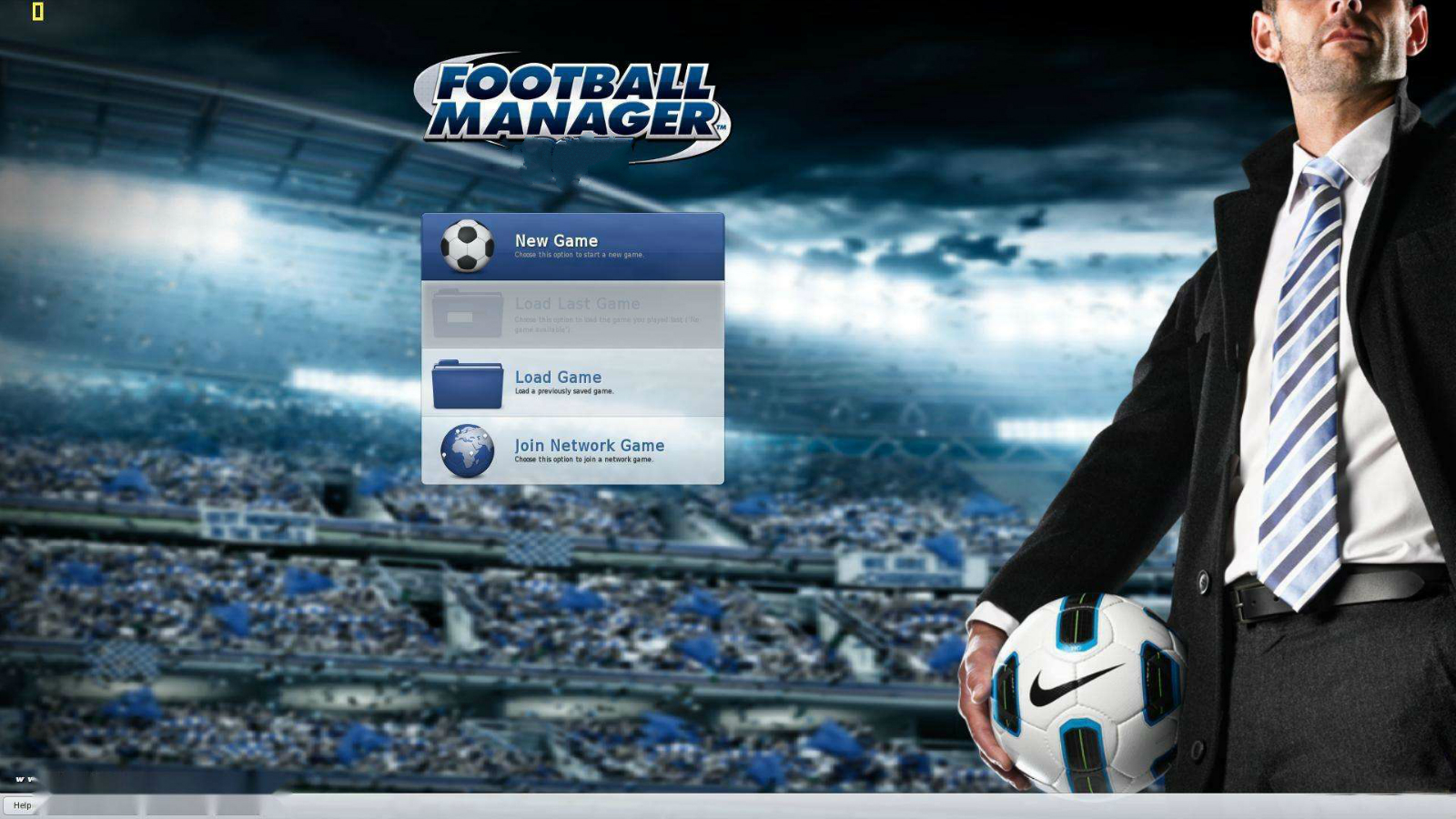Resume or PPT? How to find a job for a football coach, BBC reveals "hidden rules"

"We have seen that you have changed nine jobs in the past five years. Please tell us the reason why you left your last job."
"The team has lost nine games and is on the verge of relegation. We have lost the trust of the fans. What should you do? "
Submitting a resume, interviewing, and looking for a job … I’m afraid this is a life link that most people have experienced. So does the coach of the football club need to do the same? What’s the difference between their interview and ordinary people?
A few days ago, the British media BBC revealed the details of the British football coach’s job search: most clubs always keep a list of succession candidates to ensure that the coaching position can be replaced in time.

The club’s "secret list"
In the past few days in 2019, there were 13 head coaches in the top four football leagues in the UK, and on average, people were dismissed every six days. This number is still increasing …
But many times, fans often see the scene: the previous coach left with his front foot, and the new coach also made up the position at the same time.
The club has done a lot of work behind the scenes to accomplish such an efficient substitution.For example, a standing candidate list of successors.
When David Sharp was the president of Wigan Athletic Championship, he changed three coaches in three years, and he had a shortlist of six coaches he had been tracking.
"If a striker in the team scores a goal, you should be prepared for his transfer one day. This is the same as bringing in a head coach. I watch their games, observe their styles and analyze their contracts. Everything has been analyzed, so before you enter the interview stage, you can evaluate whether he is suitable for the team. "
Indeed, in the process of determining such a list, it is very important to confirm whether the coach is suitable for the team-if there is no winger in the team, it is best not to consider a coach who is obsessed with the 3-5-2 formation.
Nick Thompson, CEO of British Crown Hull City Club, believes that it is also very important to know the club’s own essential needs before selecting a coach.
"Are you looking for a coach who can integrate into the club’s existing ideas and styles, or are you looking for a coach who can formulate his own strategy? The answer to this question may lead you to find two completely different candidates. "
"We are now seeing more and more coaches play the role of’ firefighting’ and help the team avoid relegation within a few months, but such coaches may not be people who meet your long-term plans, such as helping to train young players."

Coach, we must balance many relationships.
There are many interview routines, and you have to rely on yourself.
In the process of job hunting, ordinary people may refer to some interview experience and points for attention, but in the interview process of football coaches, the routine is much more complicated.
At this stage, the club will receive many resumes, usually submitted by brokers. If the club says that they have received "50 or 60 job applications", it is probably true.
And different candidates, the interview process may be completely different, and job seekers must also prepare themselves.
After the club determines the final shortlist, there are usually three or four coaches for interviews, usually in the club, but not always.
David Sharp revealed the scene when interviewing coach Paul Cook. "When we were all on vacation, the negotiation began. He left his home in Portugal and went to Mallorca with his agent, and we talked for hours at the bar by the pool. "
Of course, in many cases, the coach’s interview is much more formal than this. It is a common procedure to bring a suit and materials and express your views and plans on the team in front of the club board.
A coach revealed his interview experience:
This interview is divided into four parts. First of all, he must describe to the potential new boss how he will run the transfer of the club.
Then he left the room and was told a scene-"We were 2-0 behind at home and the striker’s performance was disappointing", and then he came back to give a speech in front of the interview team.
That’s not all. Then another actor came into the room and played the role of a player’s parents. He was dissatisfied with his children’s lack of playing time, and the candidate hoped to convince him.
Finally, candidates have to plan and organize afternoon training classes …

Al-Daisy once missed the opportunity to coach the English team because of PPT.
Fame is very important, and commuting should also be considered.
For the club, no matter what the form, the effect of the interview is very important to decide the final choice.
For example, when Belsa, head coach of Leeds United, was interviewed by the club, he said that he had watched every minute of the team’s game last season. His devotion and persistence in his work finally touched the club.
Leicester city coach Rogers wrote a file and a manual, which stated who he was, what he would do and how he would do it.
Al Daisy , on the other hand, revealed that he failed to succeed Eriksson as English coach in 2006 because the FA did not have PPT.
"I want to be a PPT that really makes people shine. Every detail is clear and nothing is lacking." Then he was told that there was no PPT equipment at the interview site, so he could only distribute the paper version of his presentation.
Of course, for most clubs, choosing a coach that they are already familiar with is undoubtedly more reassuring than accepting a "newcomer" who submitted his resume through his agent.
David Sharp even said, "If the boss chooses the next coach from an unsolicited resume, it shows that the boss is not prepared." This means that it takes a lot of effort to open their own career path for those rookie coaches who are not famous.
If there is a retired star in the coach candidate, it may be unconsciously favored by the club’s top management, even if sometimes this celebrity is not suitable as the coach of the team.
In many cases, like ordinary job seekers, the distance between salary and commuting is also one of the main points for coaches to consider when looking for a job.
For example, Johnson, who used to be a coach in Cardiff, lived in Derbyshire, so during that time he spent four lonely nights in the hotel and drove thousands of miles on the highway every year.
But for those famous coaches, it seems not difficult to go abroad to work for millions of euros a year, and it is also possible to move with their wives and children. But for those coaches in low-level leagues, these are very realistic problems.